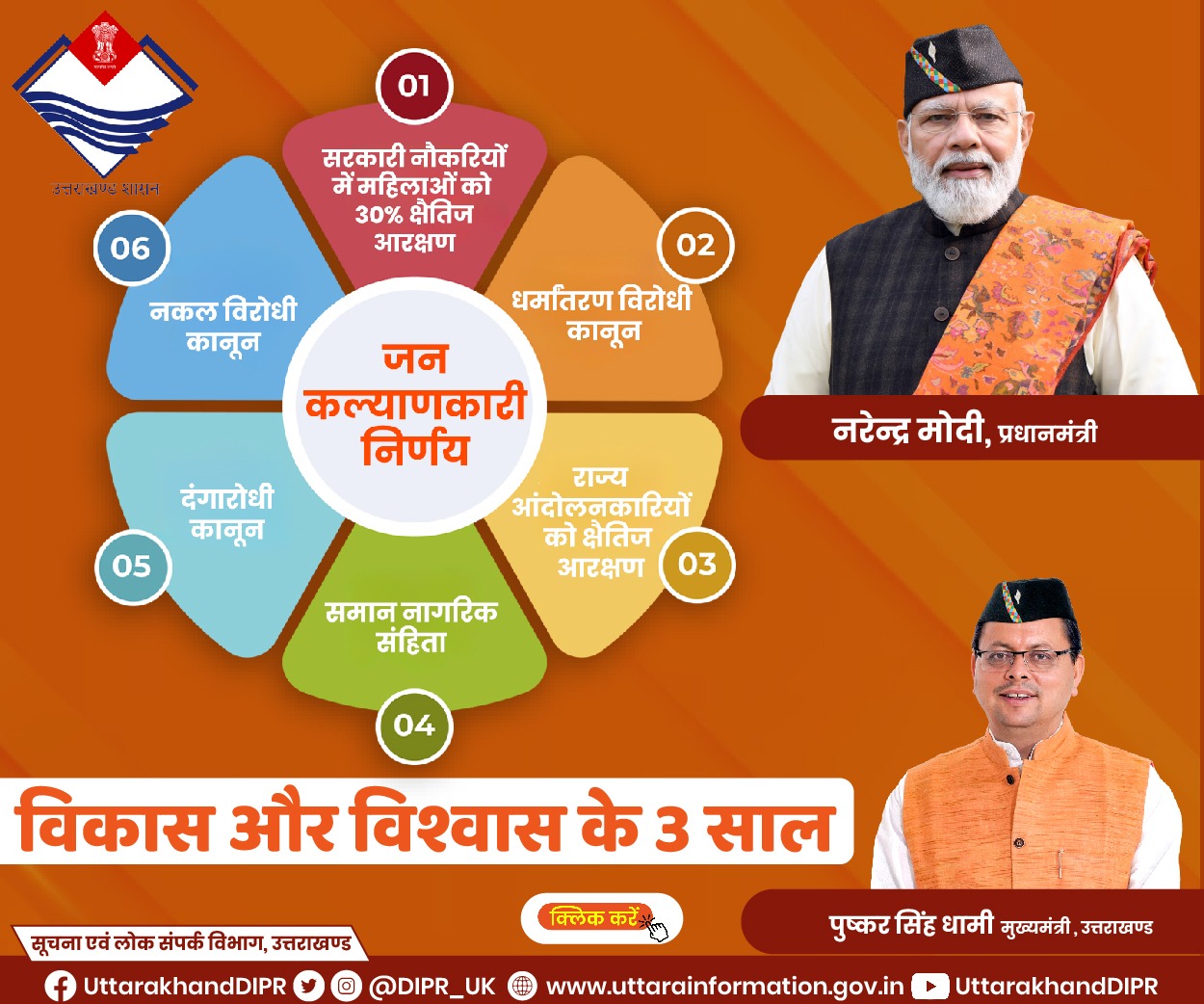The US Food and Drug Administration has made it possible to obtain a medication for postpartum depression. Understand the benefits of oral therapy and the significance of PPD awareness.
For moms, the transition from pregnancy to postpartum can be challenging. Having a baby and starting over may be thrilling, but for many women, it is not an emotional rollercoaster. It can result in a wide range of strong feelings, from happiness and excitement to dread and anxiety. For many years, postpartum depression was ignored due to the stigma attached to it. But the rising awareness of motherhood’s challenges has helped people accept this fact. The US Food and Drug Administration has approved Zurzuvae (zuranolone), the first oral medicine designed to treat PPD in adults, marking a significant step towards acknowledging the importance of PPD.
Postpartum depression: what is it?
A depressive episode that typically follows childbirth is known as postpartum depression. The first six weeks following a child’s birth are typically considered the postpartum phase. A jumble of feelings, known as the “baby blues,” including anxiety, trouble sleeping, mood swings, and weeping episodes, may be experienced by women.
Baby blues pass in two weeks, according to Dr. Pooja C. Thukral, Consultant – Obstetrician and Gynecologist, Cloudnine Group of Hospitals, Faridabad. These baby blues can be severe in some women, though, and they may go on to develop melancholy, anxiety, or psychosis. Sadness, guilt, and a sense of unworthiness dominate. The mother-child relationship as well as the personal health of the mother and kid may be impacted by this.
Therefore, it’s critical to be aware of postpartum depression in order to recognize its symptoms and seek therapy and diagnosis as soon as possible.
The FDA has approved the first oral postpartum depression medication.
The FDA had earlier in August 2023 declared the PPD tablet to be approved. It is an improvement over the IV injection that certain healthcare facilities use to treat postpartum depression.
“Having access to an oral medication will be a beneficial option for many of these women coping with extreme, and sometimes life-threatening, feelings,” Tiffany R. Farchione, M.D., director of the Division of Psychiatry in the FDA’s Center for Drug Evaluation and Research, was cited as saying.
According to reports, two randomized studies have shown that the tablet is effective when taking mother and child safety into account. Zurzuvae is to be taken once day for 14 days, along with a fatty meal, at a dose of 50mg per day as recommended by the FDA.
There are side effects associated with the medication. The FDA is very explicit that it might cause drowsiness, dizziness, diarrhea, exhaustion, a cold, and a urinary tract infection. Zurzuvae use in some circumstances may even result in suicidal thoughts, actions, and injury to the fetus. The FDA advises women to use effective contraception both during and one week after using Zurzuvae.
There is still a long way to go before the pill may be approved for usage in India, despite the fact that this may be a step in the right direction. Spreading awareness of postpartum depression, early detection, and treatment must continue until that time.
What are typical predisposing elements to postpartum depression?
According to Dr. Pooja C. Thukral, previous psychiatric illness, conflict with a husband or other family members, financial stress, stillbirth, neonatal mortality, and a previous episode of PPD are risk factors for PPD.
Studies have even shown that having a girl baby, not having supportive family members, having an ill or dying baby, having a preterm or low birth weight baby, and having an unwanted or unexpected pregnancy can all raise the likelihood of postpartum depression.



